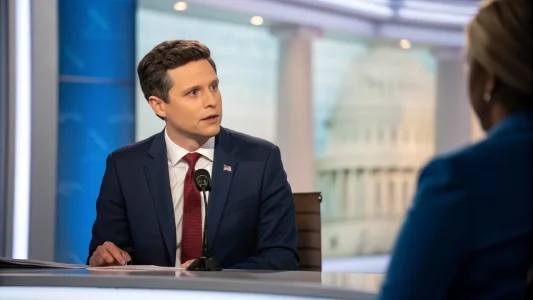Jeromy Pittmann of Pensacola was found guilty in a Florida court and was sentenced for a years-long bribery scheme involving Special Immigrant Visas (SIVs) for Afghan nationals. He now faces 30 months in federal custody for his crimes against the United States.
Since 2009, Congress has authorized the State Department to approve a minority of SIVs to enter the United States as Afghan nationals to translate for U.S. military personnel. Pittman has been found to have abused his role and the trust of his peers in the bribery scandal.
He was originally convicted in July of this year (2024) of conspiracy to commit bribery, bribery, making a materially false statement, and conspiring to commit money laundering in the District of New Hampshire.
The Diplomatic Security Service (DSS), the Defense Criminal Investigative Service (DCIS), and the Special Inspector General for Afghanistan Reconstruction (SIGAR) investigated the case.
“By protecting Afghan nationals who risk their personal safety to help the U.S. government, the SIV program is essential for the security of U.S. military and diplomatic personnel in Afghanistan,” said Principal Deputy Assistant Attorney General Nicole M. Argentieri, head of the Justice Department’s Criminal Division. “Jeromy Pittmann, however, used his position of authority over the program to benefit foreign nationals who paid him bribes, falsely asserting that they had served the United States.
U.S. Navy Reserve Commander sees jail time for VISA bribery scam
It was alleged that Pittman took bribes from Afghan nationals in exchange for “drafting, submitting, and verifying fraudulent letters of recommendation for Afghan nationals who applied for SIVs with the U.S. Department of State.“
The court in Florida found that the defendant penned twenty letters of support for prospective VISA candidates. In this correspondence, he knowingly submitted false information and testimony that he personally knew and had supervised the Afghan national VISA applicants. He also lied about overseeing them carrying out roles as translators “in support of the U.S. military and NATO; that the applicants’ lives were in jeopardy because the Taliban considered them to be traitors; and that, based on his personal knowledge of the applicants, he believed they did not pose any threat to the national security of the United States.”
According to the court documents, Pittmann received “several thousands of dollars in bribes. To avoid detection, Pittmann received the bribe money through an intermediary and created false invoices purporting to show that Pittmann was receiving the money for legitimate work unrelated to his military service.”
“This case shows how someone betrayed his sacred oath of office to commit crimes for personal gain, with no regard for how his actions could threaten U.S. homeland security and harm Afghans, who risked their lives to help the United States,” said Inspector General John F. Sopko of the Special Inspector General for Afghanistan Reconstruction (SIGAR)
Image: Pexels.















